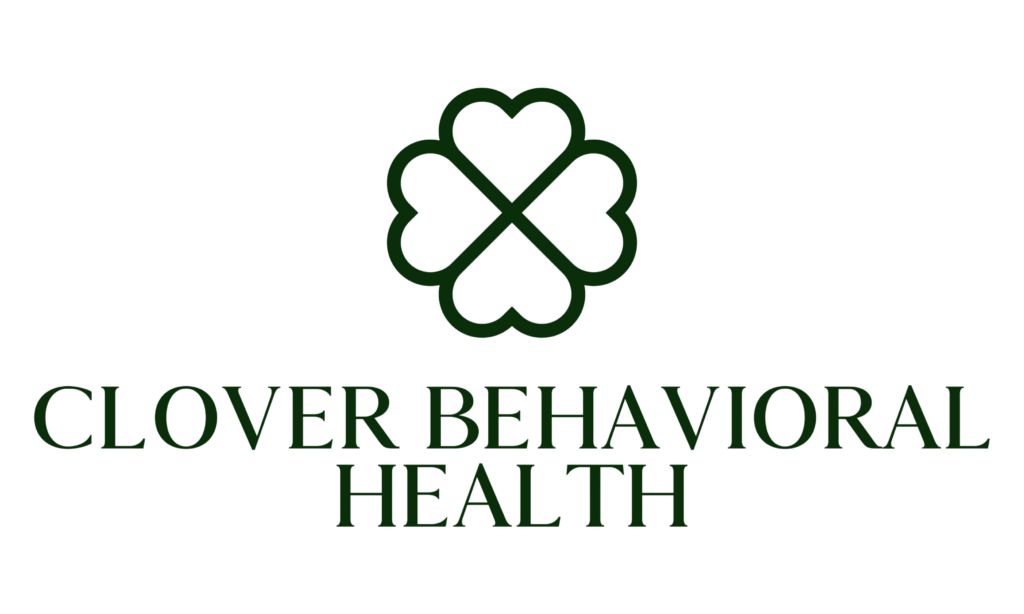Navigating the journey to mental wellness can often feel overwhelming, but seeking the right support is a courageous and empowering step. If you or a loved one are considering inpatient mental health treatment, it’s essential to find a facility that aligns with your needs and values. An inpatient mental health facility can provide the structured, intensive care required for individuals facing significant mental health challenges. At Clover Behavioral Health, I am committed to guiding you through this process with compassion, professionalism, and unwavering support.
Understanding the Need for Inpatient Care
Before diving into how to find the right facility, it’s important to understand when inpatient care is necessary. Inpatient treatment is typically recommended for individuals experiencing severe mental health symptoms that cannot be managed with outpatient care alone. This may include:
- Severe depression or anxiety
- Suicidal thoughts or behaviors
- Acute psychosis
- Severe eating disorders
- Substance use disorders
Inpatient facilities offer a safe and structured environment where individuals can receive round-the-clock care, access to medical support, and comprehensive therapeutic interventions.
Steps to Finding the Right Facility
1. Assess Your Needs
The first step in finding the right inpatient mental health facility is to assess your specific needs. Take a moment to reflect on the types of support and treatment you require. Are you looking for a facility that specializes in a particular disorder? Do you need a program that offers dual diagnosis treatment for co-occurring mental health and substance use disorders? Understanding your needs will help narrow down your options.
2. Research Facilities in Your Area
Once you have a clear understanding of your needs, it’s time to research facilities in your area. Use online resources, such as mental health organization websites, to find a list of inpatient facilities near you. Websites like the National Alliance on Mental Illness (NAMI) and Substance Abuse and Mental Health Services Administration (SAMHSA) offer searchable directories of mental health treatment centers.
3. Check Accreditation and Licensing
Ensure that the facilities you are considering are accredited and licensed by relevant healthcare organizations. Accreditation from organizations like The Joint Commission or the Commission on Accreditation of Rehabilitation Facilities (CARF) indicates that the facility meets high standards of care and is committed to continuous improvement.
4. Review Treatment Approaches and Programs
Inpatient facilities may offer a variety of treatment approaches and therapeutic programs. Review the treatment modalities offered by each facility to ensure they align with your preferences and needs. Common treatment approaches include:
- Cognitive Behavioral Therapy (CBT)
- Dialectical Behavior Therapy (DBT)
- Medication management
- Group therapy
- Family therapy
- Holistic therapies (yoga, mindfulness, art therapy)
It’s also important to consider the length of stay and the structure of the program. Some facilities offer short-term crisis intervention, while others provide long-term care.
5. Evaluate the Expertise of the Clinical Team
The expertise and experience of the clinical team play a crucial role in your treatment outcomes. Look for facilities that employ licensed and credentialed mental health professionals, such as psychiatrists, psychologists, social workers, and nurses. Consider the staff-to-patient ratio and the availability of specialized care.
6. Read Reviews and Testimonials
Reviews and testimonials from former patients and their families can provide valuable insights into the quality of care at a facility. Look for reviews on the facility’s website, social media pages, and independent review sites. Pay attention to comments about the staff’s compassion, the effectiveness of the treatment programs, and the overall environment.
7. Contact the Facilities
Once you have narrowed down your options, contact the facilities directly. Speaking with a representative can provide clarity on any remaining questions you may have. Inquire about admission procedures, insurance coverage, payment options, and what to expect during the intake process. This is also an opportunity to gauge the attentiveness and professionalism of the facility’s staff.
8. Visit the Facility
If possible, schedule a visit to the facility. A tour can help you get a feel for the environment and the amenities offered. Pay attention to the cleanliness, safety measures, and the overall atmosphere. A welcoming and supportive environment can significantly impact your comfort and progress during treatment.
9. Consider Location and Accessibility
The location of the facility can impact your decision, especially if you prefer to stay close to home or have family members who wish to visit. Consider accessibility, transportation options, and the surrounding community. Being in a supportive and convenient location can enhance your recovery experience.
Taking the Next Step
Finding the right inpatient mental health facility is a critical step towards reclaiming your mental well-being. At Clover Behavioral Health, I understand that this journey requires courage and determination. Remember, you are not alone—support is available, and recovery is possible.
When seeking inpatient care, prioritize your needs, gather information, and make informed decisions. Everyone’s path to recovery is unique, and the right facility will empower you to harness your strength and resilience. By taking this step, you are prioritizing your mental health and paving the way for a brighter, healthier future.
Find the Best Inpatient Mental Health Facility Near You
Your journey to mental wellness is significant, and finding the right inpatient mental health facility can be a transformative step. At Clover Behavioral Health, we are here to support you with compassion and expertise. Whether you’re just beginning to explore your options or are ready to commit to a treatment program, we are dedicated to helping you every step of the way.
If you have any questions or need further assistance, please don’t hesitate to contact us. Your mental health matters, and we are here to help you achieve the recovery and well-being you deserve.
Take the First Step Towards Healing Today →














